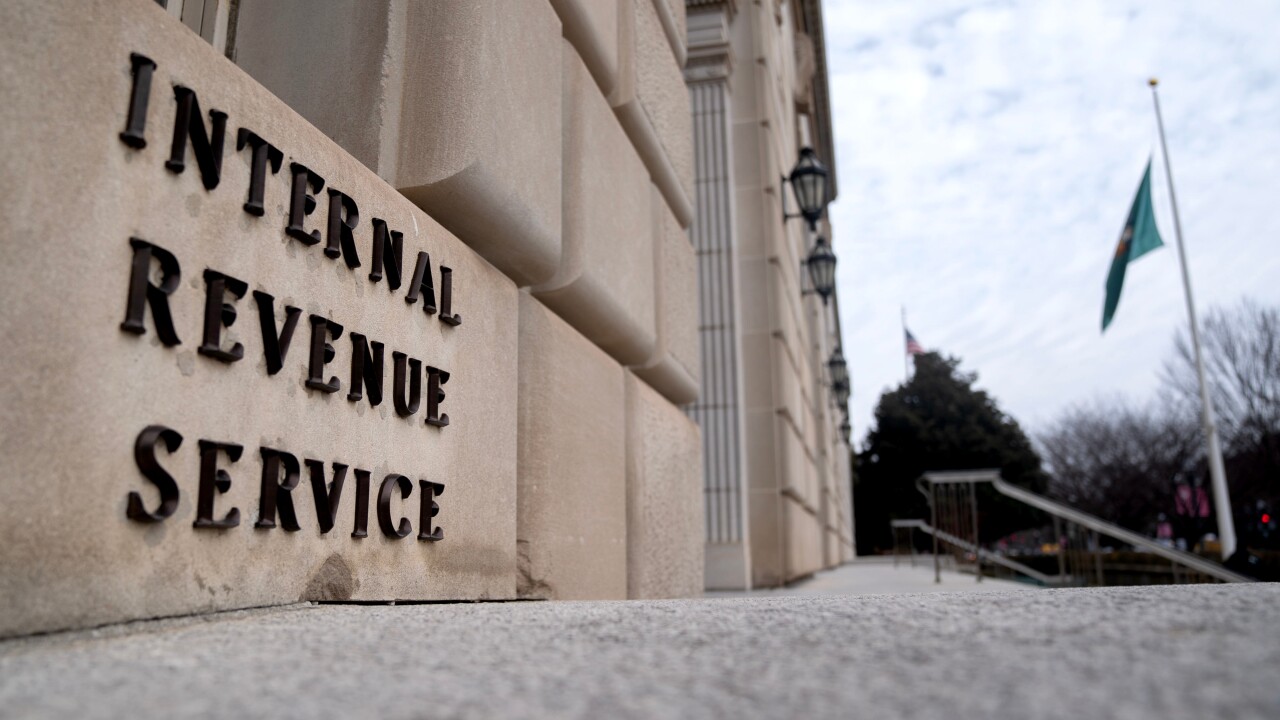Our daily roundup of retirement news your clients may be thinking about.
The municipal bond market remains steadfast despite investors' expectation that the demand for muni bonds would dwindle because of new lower tax rates, and bond prices would drop as a result of interest rate increases, according to this article from Kiplinger. Indeed, the economy and the muni market proved resilient and tax revenues have been strong, said one expert. For older investors, muni bonds can also offer diversification as they tend to have low correlation with other fixed-income investments. To be sure, tax reform has been a mixed bag for muni bonds, but a few other factors working in their favor now include the fact that there was a huge spike in issuance in late 2017, which constrained the supply of muni bonds this year, helping to support prices. Moreover, muni defaults, which have been historically rare, have lately dropped to their lowest level since 2008.

Clients have the option of rolling over a portion of their 401(k) or 403(b) assets into an IRA, so they can make a qualified charitable distribution in retirement, according to this article from The Wall Street Journal. A QCD enables retirees to donate their mandatory distributions to a charity directly from the IRA, and the withdrawn amount will be excluded from their taxable income, allowing retirees to avoid the tax bite on the distribution. Clients should instruct their custodian to send the QCD check to them, so they can make the proper documentation for the IRS.
An expert says that subsidies under the Affordable Care Act can help early retirees, especially those from low income groups, save on health care costs, according to this article on personal finance website Motley Fool. If they are running a business after retirement, they can still contribute to their retirement plan, reduce their adjusted gross income and will be subject to a lower tax rate. This will enable them to get a bigger ACA subsidy and save more on healthcare costs.
Retirees who want an extra income to augment their Social Security benefits should consider downsizing, according to this article on Fox Business. Moving to a smaller home will enable seniors to reduce property taxes, insurance and other housing costs. Receiving more taxable income could mean taxation of Social Security benefits, so clients should consider moving assets to after-tax accounts such as Roth IRAs before they retire.
Although the 2.8% cost-of-living adjustment next year means that the average Social Security retirement benefit will increase to $17,532 and will be greater than the federal poverty threshold, many retirees are expected to live with limited means, according to this article on MarketWatch. That's because the official poverty level is very low and should be doubled to become more realistic, says an expert. “We base it on what we call the level of ‘economic deprivation.’”





